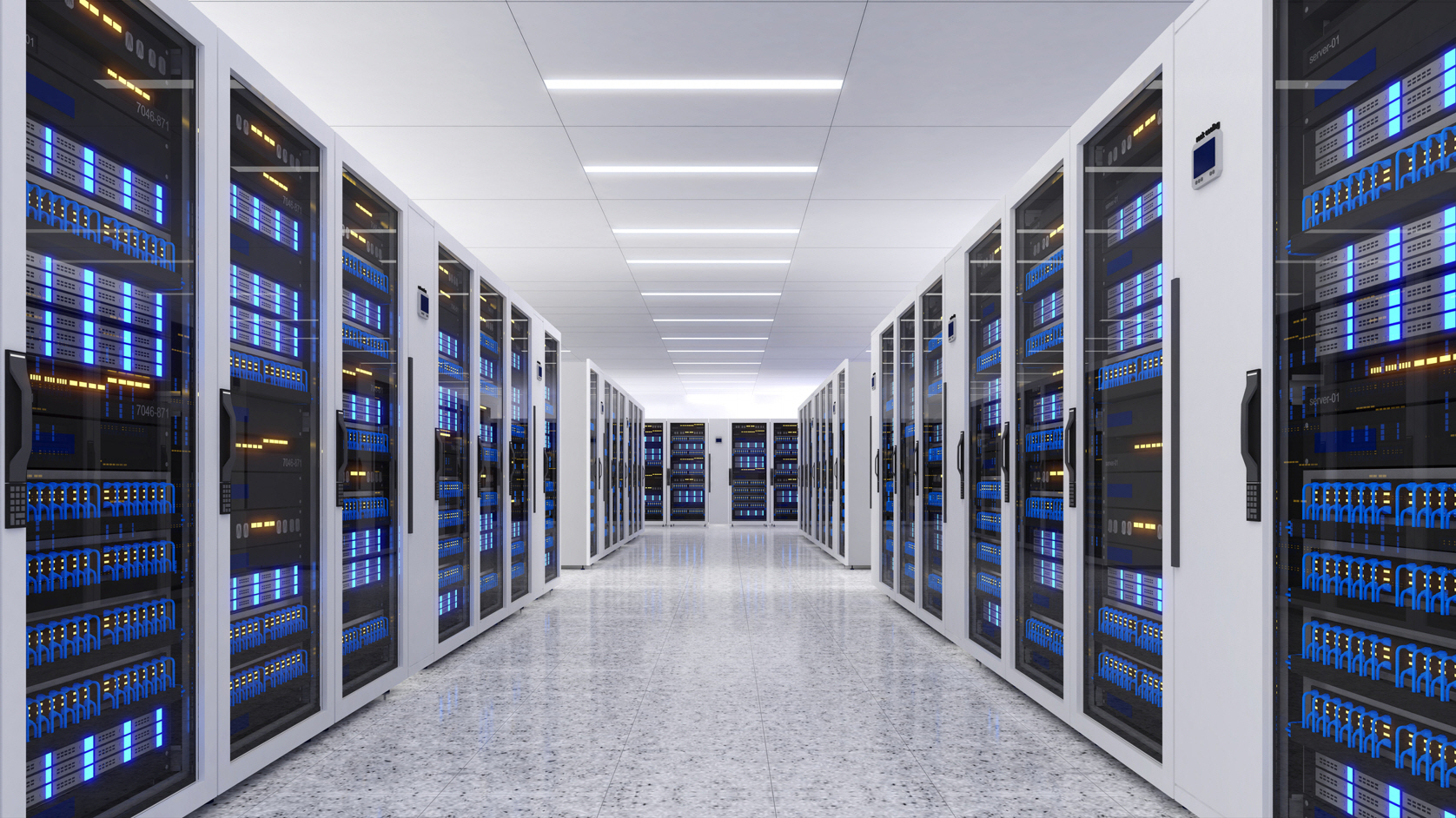Could Skynet, or some very intelligent computers, be the force behind powering our future? Today, at Hydro Ottawa, we’re already exploring how AI models are growing more advanced, and how we can harness them to dramatically improve our electricity grid.
In a recent episode of our ThinkEnergy podcast, Greg Lindsay, a senior fellow at MIT, talked to us about AI and the impact it will have on our energy systems.
Lindsay regularly speaks to organizations about the future of AI and what life will look like in an autonomous society. In 2022, he served as an urban tech fellow at Cornell Tech’s Jacobs Institute. During this time, he explored “the implications of AI and augmented reality at urban scale.” In his report The Future of Generative AI, Lindsay examines artificial intelligence and how it will impact architecture, engineering and construction.

Hasta la vista, outages
Asked about AI’s application in the utility sector, Lindsay highlighted agentic AI. Known as “agents,” Agentic AI models are autonomous. Effectively, they can think, decide and act for themselves. Lindsay believes we’ll be able to use them to perform predictive maintenance on the grid. But what would that look like?
Currently, we’re already using AI to modernize the electricity grid, making it more intelligent and reliable for our customers’ evolving energy needs. By deploying smart sensors and AI-powered analytics, we're gaining real-time insights into grid performance and energy demand. This allows for automated adjustments in energy flow, quicker responses to outages, and the ability to predict and prevent potential issues.
“In the future, we’ll have sensors everywhere on our grid,” Trevor Freeman, ThinkEnergy’s host, said. “Every switch, every device on our grid will have a sensor gathering data… hundreds of millions of data points every second coming in. No human could make decisions on that.”
Freeman explained that we’ll use AI agents to read this data and tag equipment that isn’t working properly. These agents will then report to a controller, who can assign a maintenance crew to fix the issue in the field.
Lindsay thinks we’ll soon be able to build a digital version of our grid, known as a digital twin, which we could use to simulate thousands of scenarios, including extreme weather events. To make the most of this technology, we’d employ an AI agent to review each simulation and find weak points on the grid. Afterwards, the model could suggest improvements to our infrastructure.

The T-1000 refrigerator?
Lindsay and Freeman highlight how consumers could use AI models to manage their energy use. An advanced model, for example, might tap into your smart-home devices to tweak their settings or shut them down, helping you use less. And in theory, an AI agent could even move you between rate plans as your energy use changes.
A prime example is our "EV Everywhere" initiative, where AI steps in to smartly optimize electric vehicle charging. This intelligent system, as part of a pilot project in Ottawa, not only predicts electricity demand using real-time network data and forecasted loads but also considers the availability of renewable generation, like solar power from your home. This allows your EV to charge more strategically, smoothing out grid demand peaks and taking advantage of those greener, often lower-cost, off-peak energy hours.
We are already in the era where artificial intelligence is making our homes not just smart, but truly intuitive and net zero. Just like those energy-saving smart thermostats and LED bulbs that automate based on your schedule, AI is taking the convenience and efficiency of our living spaces to the next level.
Imagine a smart home that truly understands your habits, anticipating your needs before you even realize them. Beyond today's smart sprinkler controllers that adjust based on weather forecasts, future AI-powered systems could proactively manage your entire home's energy consumption, learning your preferences for lighting, temperature, and even entertainment, adapting seamlessly throughout the day.
From smart refrigerators that track your groceries and suggest recipes, to robotic assistants that handle daily chores and predictive maintenance systems that alert you to potential issues before they arise, AI is transforming our homes into intelligent, responsive environments that prioritize both comfort and sustainability.

Rise of the machines (and consumption)
During the podcast, Lindsay and Freeman also discussed AI’s impact on energy infrastructure. Lindsay cited a popular statistic: ChatGPT searches require 10 times the power of Google searches. But according to him, that isn’t the biggest problem.
AI data centres will burn energy from the grid. As reported by the Canadian Climate Institute, traditional data centres only draw 5 to 10 megawatts (MW) of electricity. AI facilities, on the other hand, can drain more than 100 MW. That’s “...roughly equivalent to the annual consumption of 350,000 electric vehicles.”
By 2035, data centres will make up 13 per cent of Ontario’s new electricity demand. To ensure power grids can handle these new connections, utility companies across the country will have to upgrade and expand their infrastructure.

The future is not set
Ultimately, Hydro Ottawa's adoption of AI is aimed at enhancing grid reliability and efficiency, empowering customers with greater energy control, and ensuring a sustainable energy future for Ottawa.
Recently, we outlined our plan to meet the growing demand for electricity head-on. Over the next 10 years, we’ll build new infrastructure and modernize our grid. Of course, this will help us manage the new demand on our equipment, but it will also improve the quality of our service. But the future is not set - we understand that it’s going to be dynamic and constantly evolving with technology and other drivers. Our plan is built to adapt for when things change in the future.
To learn more about how we’re powering tomorrow, visit our website. If you’re interested in learning more about the future of artificial intelligence and its impact on the energy sector, listen to our interview with Greg Lindsay.